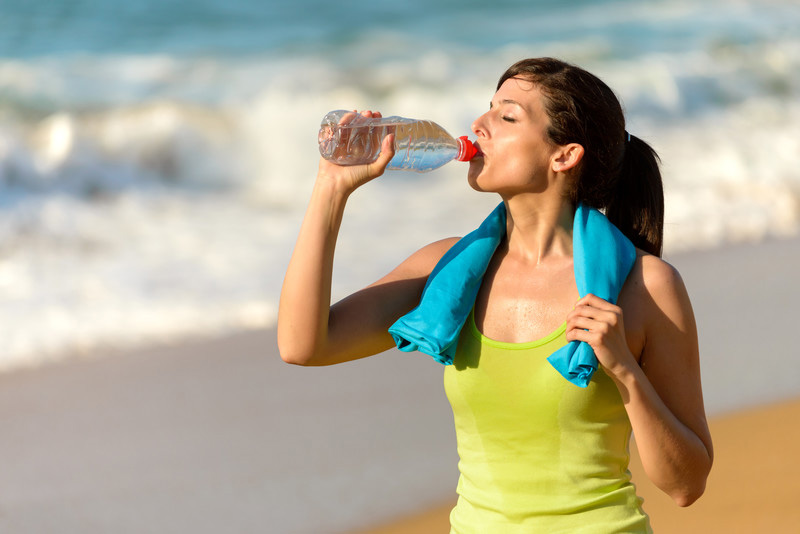
Yet another year has come to a close and if you are like many of us there is a high probability that you have over indulged in an abundance of sugar, alcohol, rich foods and all the other goodies that go with the holidays. Now that it’s over if you are anything like me you can almost feel your body requesting a much needed break.
Consider starting off the New Year by giving you body a rest and remove the sugar, breads, pastas, coffee and alcohol from your diet for a short period of time. As a general rule I prefer to cleanse my body twice a year. Generally I do one cleanse at the beginning of the year and another sometime mid summer and I always feel great. The longer you are willing to remove these foods the better but whether it is three days, a week or a month you will give your organs a much needed rest and rid your body of excess toxins. I find a three week cleanse is highly effective and comprehensive but if you are unable to commit to that consider doing a week. There are many ways to approach this “cleanse” and I encourage you to find the best method that fits your life style, caloric needs and any medical issues you may have. Even if you haven’t overly indulged during the holiday just living in a city exposes us to a multitude of toxins that we ingest, inhale or absorb on a daily basis.
Our body gets rid of these toxins through our urine, fecal material, sweat and breath. Enabling these mechanisms to function efficiently will provide many benefits such as increased energy, increased mental acuity and clarity, deeper more restful sleep, clearer skin and overall more effective and efficient organ function.
Here are a few considerations that will make this adventure more effective and help insure your success:
- Plan ahead and have healthy snacks readily available. If you are hungry and don’t have anything to eat you will inevitably reach for whatever is available and it often will contain sugar.
- Drink water!!! As you detox your body will begin to release toxins from your body and water is essential to carry the toxins out of the body as a waste product. Not drinking an adequate amount of water will put a load on your system as opposed to cleansing it because as you release these toxins they need to be effectively carried out of the body. Generally half your body weight in fluid ounces daily is a good rough estimate for the amount necessary for adequate cleansing. Green tea is also helpful and replaces the coffee ritual.
- If you have access to a sauna at your gym, work or fitness facility consider getting in two times a week to further detoxify your system. The sweating further flushes the toxins from your skin and you will have the added benefit of muscle relaxation as well.
- Fill your diet with a variety of different vegetables, nut and legumes and get rid of the breads, pasta and meat. Try getting creative with different foods and food combinations. You will enjoy it more, have greater success and are more likely to carry these new habit into your life as you reintroduce foods back into your diet. Consider also adding fermented foods such as yogurt, kimchi, kefir or fermented vegetables. These provide bacteria, which will support digestion and further aid in the detoxification process.
- There are many products/kits on the market that are available to assist you in your cleanse. If you decided to enlist the help of one of these products please make sure they come from a reputable source. Here at the office we have some excellent products if you are interested.
- Move your body! It doesn’t matter what you do even if it is simply taking a walk. The activity helps to pump the lymphatic system and move the toxins more effectively through your system aiding in elimination.
I encourage you to consider cleaning up the temple you live in. It’s easy, healthy, and you will definitely feel better. I can’t guarantee it but you also just may loose a little weight. Although a cleanse is good for just about everyone if you have any medical issues always check with your physician before starting a program to make sure it will be beneficial for you. My wish for each of you is a year filled with joy, health, love and success. Happy New Year!
With Gratitude,
Pat


